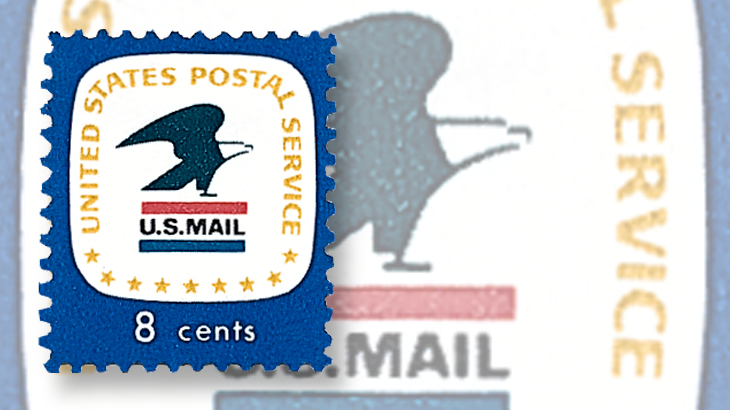Postal Updates
House committee approves postal reform, rejects presidential appointments

By Bill McAllister, Washington Correspondent
Prospects for congressional approval of major postal reform legislation have sharply increased with the approval of a bill that would boost stamp prices and require postal retirees to depend on Medicare for most medical expenses.
The action by the House Oversight Committee on July 12 does not assure enactment of the measure, but it appeared to end any suggestion that the postmaster general would once again become a presidential appointee.
The committee dropped that idea, part of an earlier draft, out of what one Capitol Hill staffer told Linn’s was “concern that it would have over politicized the Postal Service.”
Connect with Linn’s Stamp News:
Sign up for our newsletter
Like us on Facebook
Follow us on Twitter
“We’re not there yet,” stressed House Oversight Committee chairman Jason Chaffetz, R-Utah, when his panel approved the measure on a voice vote.
The bill must win approval of the full House and the Senate, which has its own version of postal reform legislation.
But equally important, Chaffetz said, will be what the Congressional Budget Office rules will be the impact the measure has on the overall federal budget.
Chaffetz said that ruling would be critical for the bill to win approval from many House Republicans.
By requiring retired postal workers to depend on Medicare as their primary health insurance, the bill will increase that program’s costs.
But it will also greatly decrease the costs the Postal Service now has to pay for its retirees’ health care. Those retiree costs have largely created a fiscal crisis for the USPS, which has a $56.8 billion deficit in unpaid health care costs.
The House bill will give the USPS some direct aid, allowing it to recover half of the emergency stamp price increases it was allowed to impose after mail volumes plummeted during the last recession.
The USPS has been seeking to recover the 49¢ stamp it was allowed to impose as a temporary measure. The rate has since dropped to 47¢. It would be allowed to rise again if the legislation is enacted.
The House bill would shrink the current Postal Service board of governors to five members from the current nine members.
It would allow that board to hire and discharge both the postmaster general and deputy postmaster general. A draft version of the legislation had called for the president to make those appointments.
That suggested that the Postal Service might once again return to the presidential cabinet where it had been since the founding of the nation.
It was removed from the cabinet during the Nixon administration, when Congress decided to make the Postal Service an independent agency within the federal bureaucracy in 1971.
The House bill would call on the Postal Service to study moving more mail deliveries to more cluster mailboxes and to allow the USPS to offer local, state, and tribal government services at post offices.
MORE RELATED ARTICLES
Headlines
-
US Stamps
Oct 7, 2024, 3 PMMcMurtrie dismissed as APS education director following Sept. 21 arrest
-
US Stamps
Oct 7, 2024, 12 PMVasiliauskas named president of Mystic Stamp Co.
-
US Stamps
Oct 6, 2024, 5 PMApgar souvenir card available
-
US Stamps
Oct 6, 2024, 4 PMFirst Continental Congress and U.N. stamps receive Scott catalog numbers








